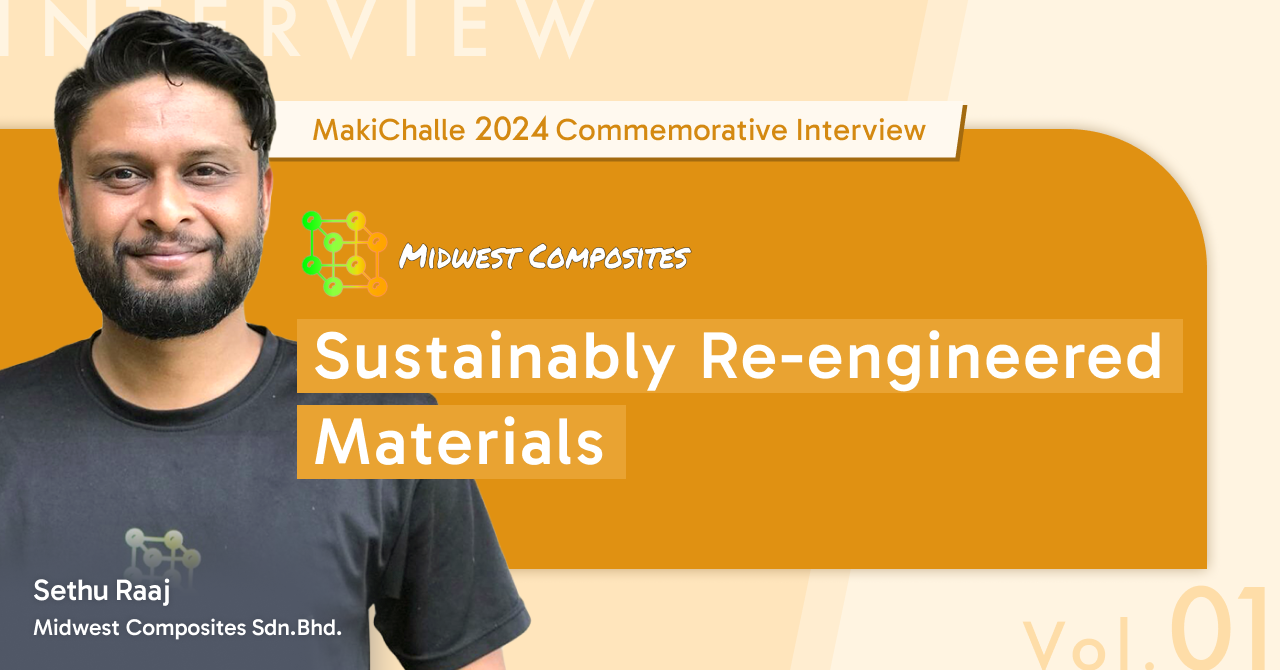
【MakiChalle 2024 Commemorative Interview | Midwest Composites】Sustainably Re-engineered Materials
In October 2024, Makinohara City, located in Japan’s Shizuoka Prefecture, hosted the third annual Makinohara-shi Challenge Business Contest (MakiChalle 2024). This innovative startup competition has become a global platform for entrepreneurs to showcase groundbreaking ideas that leverage the city’s industrial and tourism resources to address local market needs.
This year’s grand prize winner, Midwest Composites, a Malaysia-based pioneer in sustainable composite materials, impressed the judges with its eco-friendly manufacturing solutions. The award, including a ¥1 million cash prize, underscores the contecontest’sing international appeal and potential to foster cross-border industrial collaborations.
In this exclusive interview, we speak with Mr. Sethu Raaj, CEO of Midwest Composites, about the company’scompany’sve projects with biocomposites, its award-winning pitch at MakiChalle 2024, and plans to collaborate with Makinohara City’s inCity’sal sector.
*This article is a reprint of an article that originally appeared in the January issue of the Monthly Report of the CVC Investment Strategy Institute, CF Startup Partners, Inc operate. Some parts have been edited for this media outlet.
Company Overview and Footage
ーThank you for your time. It is a pleasure to have you.
Thank you.
ーFirst of all, could you tell us about yourself and how the idea for Midwest Composites was formed?
I developed an interest in composites in high school and earned my undergraduate and master’s degrees in composimaster’sluding bio-based composites, in the US. After working with significant mobility players there, I returned to Malaysia to launch my first startup, focusing on converting metal components into composites.
In 2020, the pandemic forced me to reconsider my plans, leading to Midwest Composites’ foundation. I decided to focus on bio-based composites, a field I had always been passionate about, especially as the market had grown ready for them.
European regulations now require 95% reusable and/or recoverable materials by weight for each vehicle in the directive on end-of-life vehicles, making biocomposites more relevant. Despite the challenges of COVID-19, I saw it as an opportunity, knowing that hard work and persistence could lead to success.
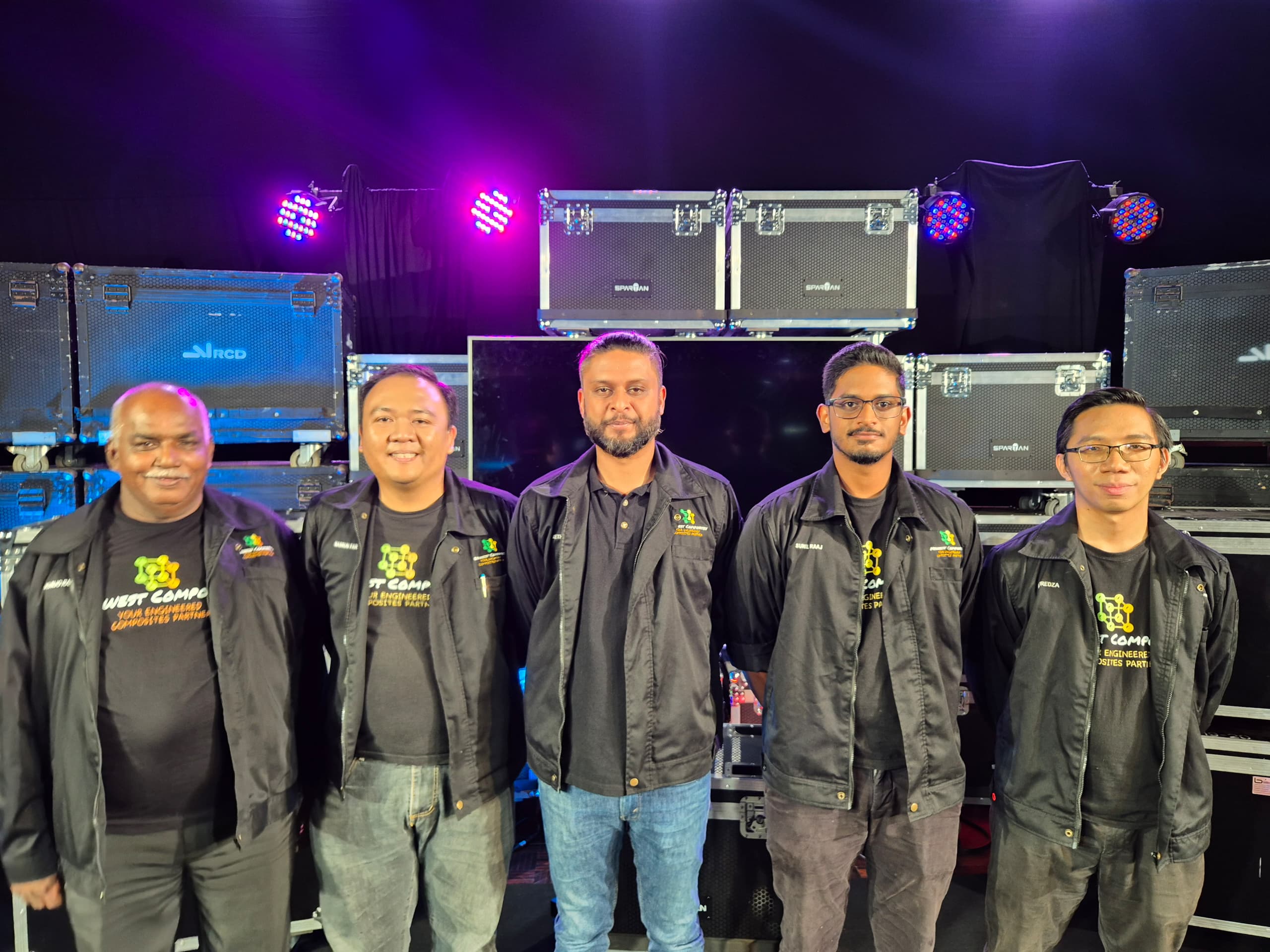
ーCould you give us a brief overview of the company’s products, commitmencompany’stivation?
We offer alternative composites from natural resources such as kenaf, jute, pineapple, banana, and bamboo. The industries we have concentrated on over the last four years are aerospace, military, automotive, and especially mass transit, which includes buses and trains. We are also developing race car components for universities and agricultural drones. For the latter, we collaborate with local clients to create a circular economy by utilizing the biomass and waste they harvest.
At the same time, we have expanded our product range to include souvenir items in response to growing demand. While the automotive and aerospace industries have stringent requirements and long qualification periods, we have identified significant interest in sustainable furniture and consumer goods. Many companies want to showcase their commitment to sustainability but struggle with implementation. We help them demonstrate their green initiatives, which directly impact consumers. This approach also allows us to educate the market, as not everyone understands sustainable materials or how they work.
We are excited to collaborate with smaller local companies that are willing to take sustainability risks. Our strategy emphasizes using localized, native materials, making our sustainable solutions more appealing to businesses committed to environmental responsibility.
ーWhy did you choose kenaf, jute, pineapple, banana, and bamboo as alternatives?
I have realized that while Western markets focus heavily on flax and, to some extent, hemp fibers, these materials face supply chain limitations and regulatory challenges. Thus, we turned our attention to alternative fibers like kenaf, jute, pineapple, banana, and bamboo, which are abundant in Asia but largely overlooked. By utilizing waste from food crops like pineapple and banana to create sustainable products, we can even reduce the need to grow dedicated fiber crops such as kenaf and jute. This approach highlights Asia’s agricultural diversity as a valuaAsia’sedstock for global sustainable solutions.
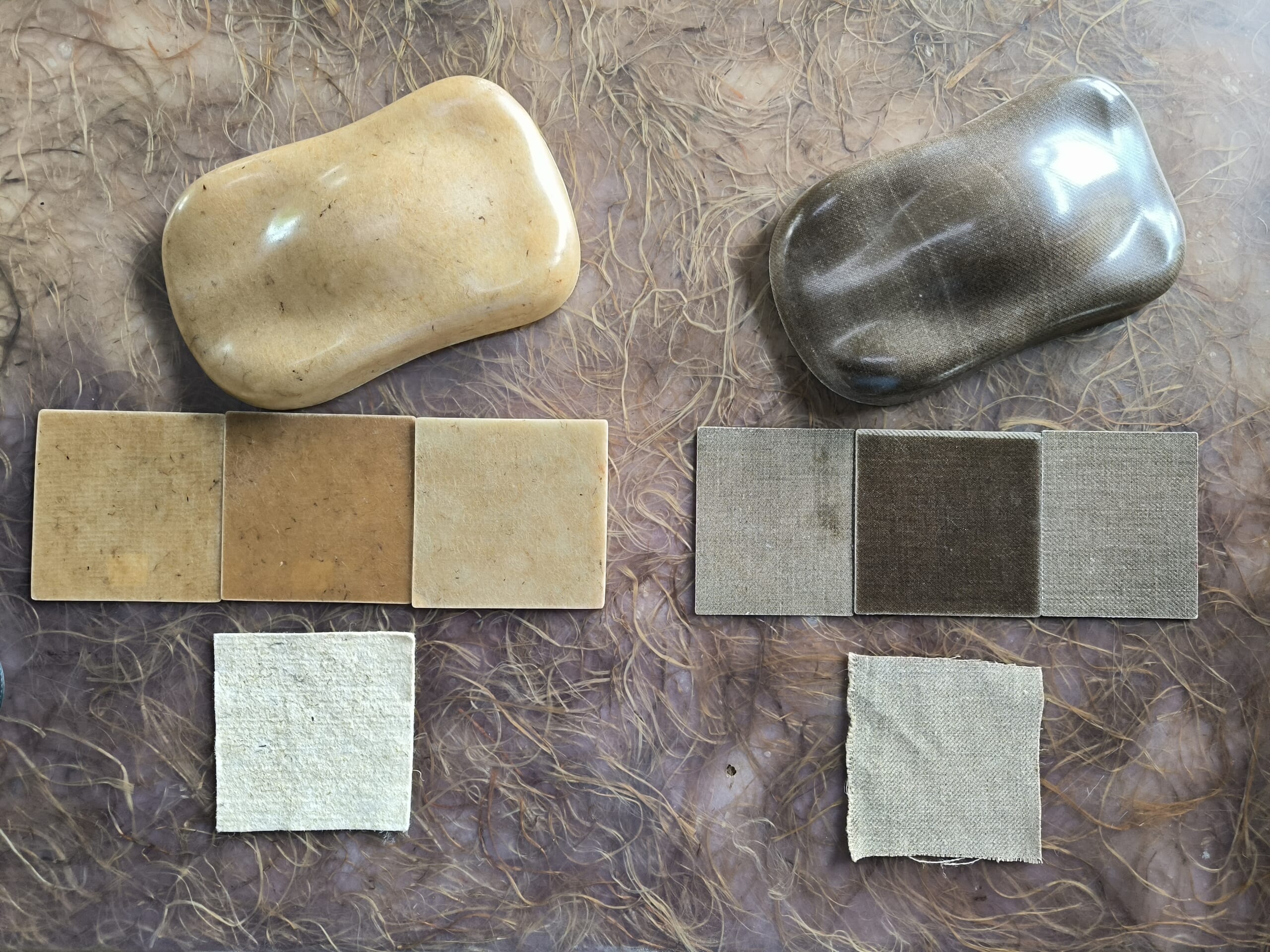
ーWhat else can we do to make biocomposites more sustainable?
To make biocomposites, we need to mix the material with a binder. Currently, we use polyester resin because it is the most cost-effective option. While biodegradable and sustainable resins exist, they remain expensive, and some are not yet commercially viable. We must raise consumer awareness about sustainable materials to address this issue and encourage resin manufacturers to innovate in bio-based options. Our role is to generate excitement around these products and push for quicker solutions from manufacturers.
ーWere there any challenges in producing or increasing the use of biocomposites?
One of the challenges was that people were not paying enough attention to sustainability, as the primary concern was cost—whether products were cheaper or more expensive. That made the first three years difficult for us as we became early advocates for sustainable materials in Southeast Asia. Our breakthrough came with selection by the German Chamber of Commerce for the Startup Germany program, raising awareness of our potential. Recognition followed with an ASEAN Economic Research Institute award, and this year, we joined the Startup World Cup in America with other biomaterials companies. This growing interest in sustainability has finally led to more customers and opportunities.
ーI see. Is it challenging to get financial support with little attention or less popularity?
I have noticed a shift in Southeast Asia’s grant landscape for sustainability. While it was difficult to secure funding until last year, our four-year commitment to sustainability since 2020 gives us an advantage over new startups. We now receive more grants and prioritize completing funded projects before pursuing additional opportunities. This approach shows our dedication to creating real impact rather than simply gathering financial support. We recently secured a UN grant to tackle marine waste by recycling fishing nets with a local Malaysian partner. These nets will be repurposed into products like tables, components for a bus stop station, and reusable resin pellets.
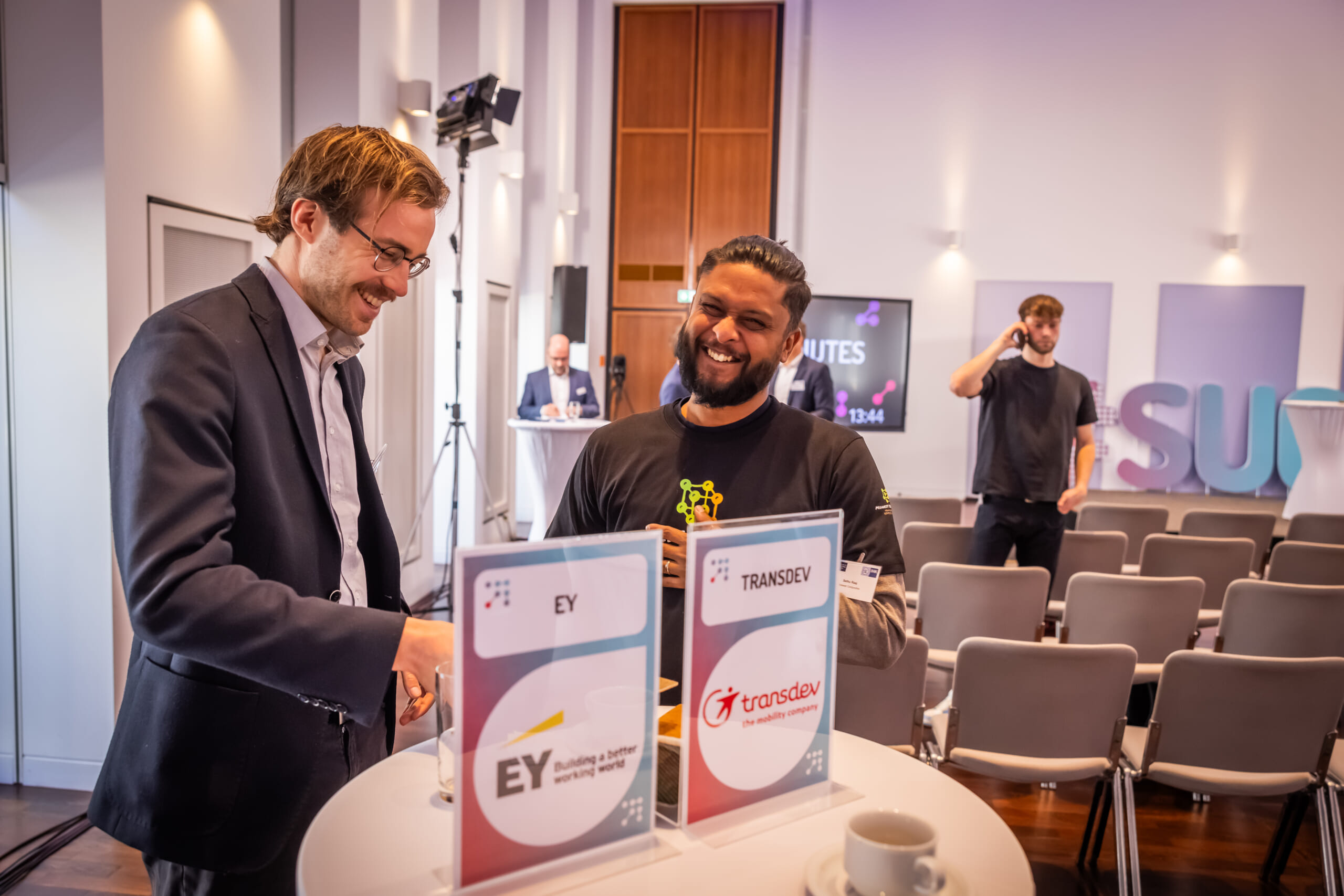
ーYou have been working on many projects, and clients’ orders seem to vary. Why is that?
Client orders vary because we seize every opportunity to address a limclients’us on sustainability in Malaysia and a lack of interest from major players. I persuade customers to adopt our materials. By offering diverse products, from motorcycle parts to car components, we showcase our versatility across industries instead of restricting ourselves to one sector. While this approach may seem unfocused, it demonstrates our broad capabilities and appeals to potential clients and investors. Although initially challenging, I believe solving these complex problems early will lead to greater rewards in the future.
ーIs there a key case study or project that marked a significant breakthrough for the company?
We have made significant progress through partnerships. For example, we are refurbishing 40 buses for a local transporter, KR Travels & Tours, at the Malaysian airport, incorporating biocomposites and adding QR codes to showcase sustainable materials to passengers. Collaborating with PETRONAS, a major oil and gas company based in Malaysia, to create their 50th-anniversary torch using sustainable materials solidifies our role as a leader in the field. Additionally, our agricultural drone project for bamboo and Napier plantations draws international interest, promoting smart farming and a circular economy.
Midwest Composites at MakiChalle 2024
ーWhat made you decide to participate in MakiChalle 2024?
I encountered the MakiChalle organizers while presenting at a global startup event in Vietnam. They invited us to apply, suggesting it could be a good entry point into Japan. Midwest Composites reflects my affinity for hardworking, middle-class areas, which resonates with MakiChalle’s atmosphere. I was also drawn to the opportunity because of the region’s tea plantations, as we have worked with tea waste in MalaMakiChalle’sesence of major companies like Suzuki and Yazaki, as well as furregion’snd agricultural players, made it appealing, too. Ultimately, we saw this as an ideal springboard to enter the Japanese market through a more laid-back, relatable environment.
ーIf you have a history of participating in any business contests before, we would like you to share it.
This is my first business contest in Japan. Previously, I was focused on building the company’s reputation locally in Malaysia. After three years of promoting our sustainable materials, I realized that recognition does not alwacompany’so financial growth. In 2024, I explored overseas markets that value our offerings, seeking expansion opportunities in Germany, the US, Vietnam, Japan, China, India, and Indonesia.
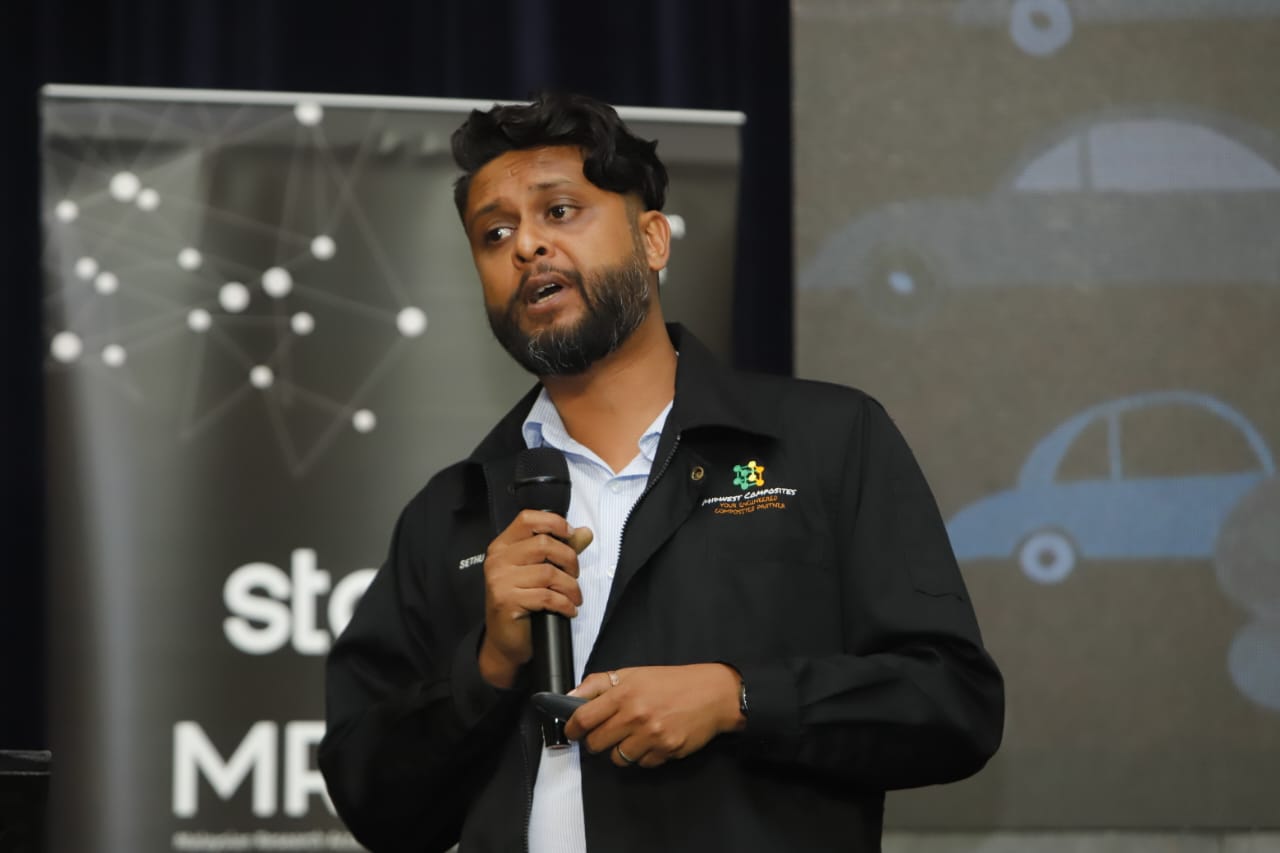
ーCould you briefly tell us about your proposal for MakiChalle 2024?
We are working on an open-ended proposal to convert tea waste biomass into components. Initially, we see potential in consumer goods, souvenir items, and furniture, like tables. In the long term, we would like to explore using this material for agricultural tractors, especially in tea plantations. Tractors with roofs and hoods made from tea waste could excite farmers by showcasing how both their tea and waste are being put to good use. We also plan to approach automotive and motorcycle companies about using tea waste for non-critical parts such as fenders. We are ready to discuss with companies to assess interest and address challenges.
ーWhat unique factors in the Makinohara region and Japan would you like to explore and take advantage of?
I am drawn to the non-metropolitan aspect of Makinohara, as I prefer life outside big cities and see semi-rural areas as places of resilience and innovation. I value the strong work ethic in farming communities, which endures despite modern trends. Makinohara’s abundant agricultural biomass aligns with my interest in sustainability and provides opportunities to collaborate with established organizations on solutions Makinohara’sxpand across Japan. I also admire Japan’s forward-thinking culture and values, for example, its sustainable use of bamboo and the selflessness shown during crises like Fukushima, which inspire my goals for innovation anJapan’sinability.
Future Plan
ーHow do you envision your company’s growth in local and international markets following this recognition?
Winning the competition in Japan has been incredibly influential for us. Malaysians have always admired company’seputation for quality. This achievement has earned us greater recognition from both the Malaysian government and the market, and I am confident it will attract similar respect acrosJapan’seast Asia. Riding on Japan’s well-established reputation for excellence, our innovation is acknowledged on a larger stage, which is immensely rewarding.
ーWere you able to find any interesting potential partners Japan’snts in Japan?
We have not secured clients yet. However, we plan to come to Japan. We will visit Tokyo and Makinohara to meet potential clients and local partners with the contest organizers.
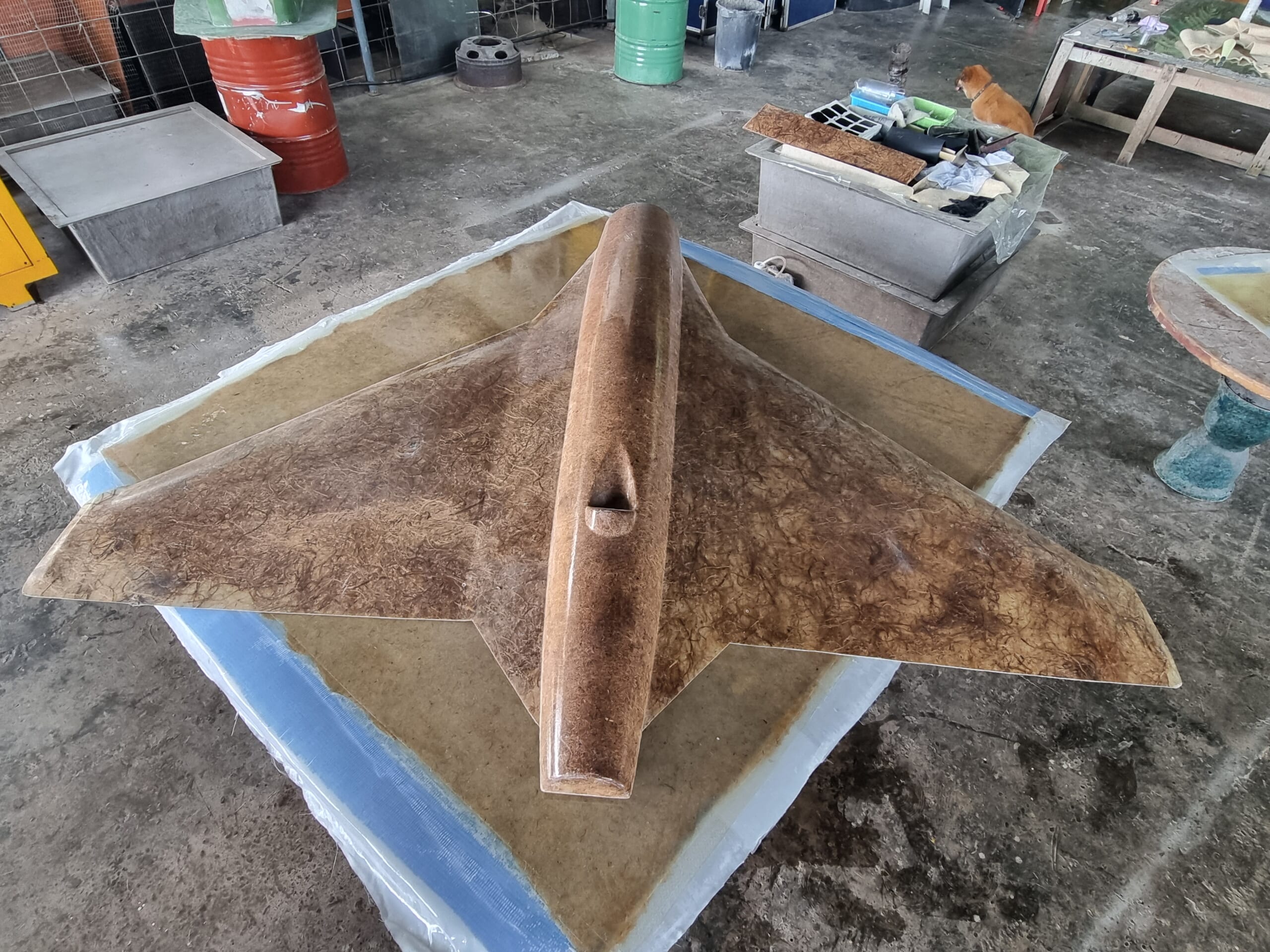
ーCould you share your plans? And how do you intend to use the prize money you received from the contest?
Next year, we will move forward with our expansion into India, Japan, and China. We are already conducting more research and development as a key part of our expansion strategy. When we engage with potential clients and partners, we aim to go beyond merely presenting ideas and concepts online. We aim to showcase tangible samples of our technology so they can touch and feel the products they support.
Much of the prize money will be spent purchasing materials and developing prototypes demonstrating our capabilities. The rest will be used for business travel to meet people and build relationships. We are planning another visit to Japan next year, this time with a larger team.
We are very excited to see Midwest Composites collaborating with Japanese companies and the people of Makinohara to promote sustainability. This partnership enables the expansion of their biocomposite technologies in Japan, aligning with the country’s focus on sustainability. By working with local industries, such as green tea farmers and automobile manufacturers, Midwest Composites demonstrates the potential to create eco-friendly solutions that are both globally impactful and locally relevant.
ーWe have learned thcountry’st Composites is working with various industries to promote sustainable composite materials and working with the City of Makinohara and local companies to promote a sustainable society. Once again, thank you very much for the opportunity to interview you.
[Company overview]
【Name of company】Midwest Composites Sdn. Bhd.
【URL】https://midwestcomposites.com.my/
【Date of company establishment】2020
【Representative】Sethu Raaj
【Location】Seremban, Malaysia
